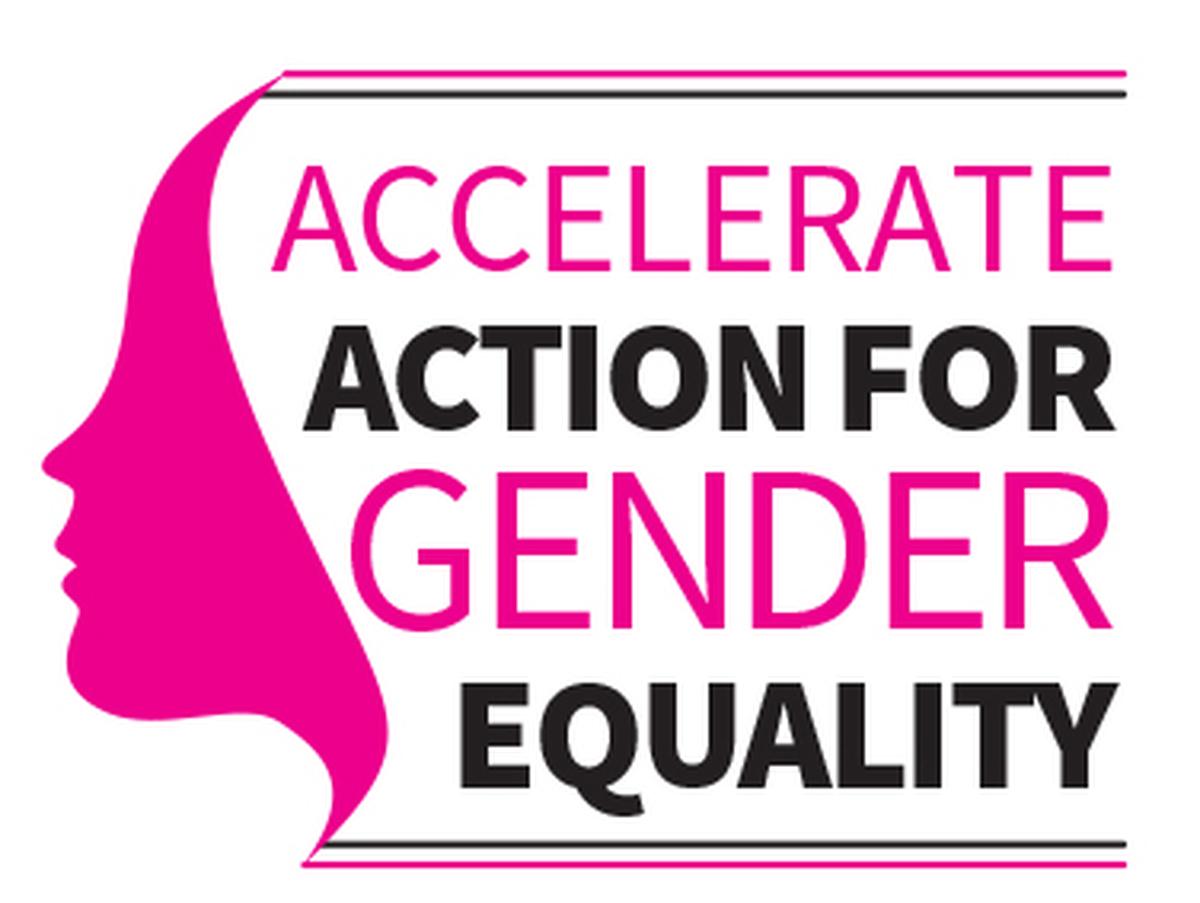
‘While women constitute nearly 70% of the global health-care workforce, they hold less than 30% of leadership roles’
| Photo Credit: THE HINDU/VIJAY SONEJI
A harsh reality is that for eons, the health of women — they are the backbone of families, communities, and economies — has been overlooked, underfunded, and inadequately researched. This neglect is not just a social injustice, but is also an economic misstep.
Investing in women’s health is one of the most powerful levers for economic growth and social progress. When women have access to quality health care, they contribute more effectively to the workforce, raise healthier families, and drive sustained economic development. As we mark Women’s Day, it is time to acknowledge that prioritising women’s health is not just about improving individual well-being. It is also about strengthening the world.

Lack of gender-specific clinical data
Historically, women’s health has been underrepresented in medical research, leading to significant gaps in care and treatment. Women have been excluded from clinical trials for decades, resulting in medications and treatments that do not fully account for gender differences. Research shows that women are twice as likely to experience adverse drug reactions due to a lack of gender-specific clinical data. Even in life-threatening conditions such as cardiovascular disease, women receive fewer diagnostic interventions and are more likely to be misdiagnosed compared to men. More critically, addressing the gender gap in medical research, preventative care, and equitable access to health-care services is key to unlocking women’s full economic potential.
The economic dividends of investing in women’s health are undeniable. A healthier female workforce translates into increased productivity, higher labour force participation, and stronger economic resilience. The Business Council for International Understanding (BCIU) underscores that for every dollar spent on addressing unmet needs for family planning, there is an estimated return of $120 in health and economic benefits. Similarly, addressing maternal health challenges, such as postpartum haemorrhage, can significantly reduce mortality rates and enhance workforce participation.
Women and caregiving
Women also play a disproportionate role in unpaid caregiving, shouldering nearly three quarters of global caregiving responsibilities. This invisible labour significantly impacts their ability to engage in formal economic activities. By investing in policies that support women’s health such as paid family leave, accessible maternal care, and comprehensive health-care screening programmes, we enable millions of women to contribute more actively to economic growth.
Governments and private institutions must mandate gender-disaggregated data in clinical trials. The inclusion of women in research is critical to developing treatments that are safe and effective for all populations.
To enhance preventive health care, routine screenings, early detection, and education campaigns for diseases such as cervical and breast cancer must be scaled up. It has been observed that 3% of women who undergo mammography at Apollo are diagnosed with breast cancer, highlighting the importance of early detection and intervention.
Expanding access to affordable health care, addressing economic and geographic barriers to health care, will ensure that women especially those in rural and marginalised communities receive timely and quality care. Apollo’s AI-powered ProHealth programme, which leverages predictive analytics for early disease detection, exemplifies the role of technology in transforming health-care outcomes for women.
On leadership
There is also the issue of promoting women’s leadership in health care. While women constitute nearly 70% of the global health-care workforce, they hold less than 30% of leadership roles. Ensuring greater representation of women in policy-making and health-care innovation is crucial to closing the gender health gap.
Women’s health is not just a women’s issue. It is a national and global economic priority. Achieving gender equity in health care will not only save lives but will also unleash a wave of economic growth, social stability, and generational prosperity. As we move forward, let us recognise that investing in women’s health is one of the most powerful strategies for building a healthier, much happier world. By addressing disparities in research, access, and treatment, we do not just empower women. We empower entire nations to thrive.
This Women’s Day, let us commit to prioritising women’s health not just in rhetoric, but in action. The time for change is now.
Dr. Preetha Reddy is Executive Vice Chairperson, Apollo Hospitals
Published – March 08, 2025 01:24 pm IST